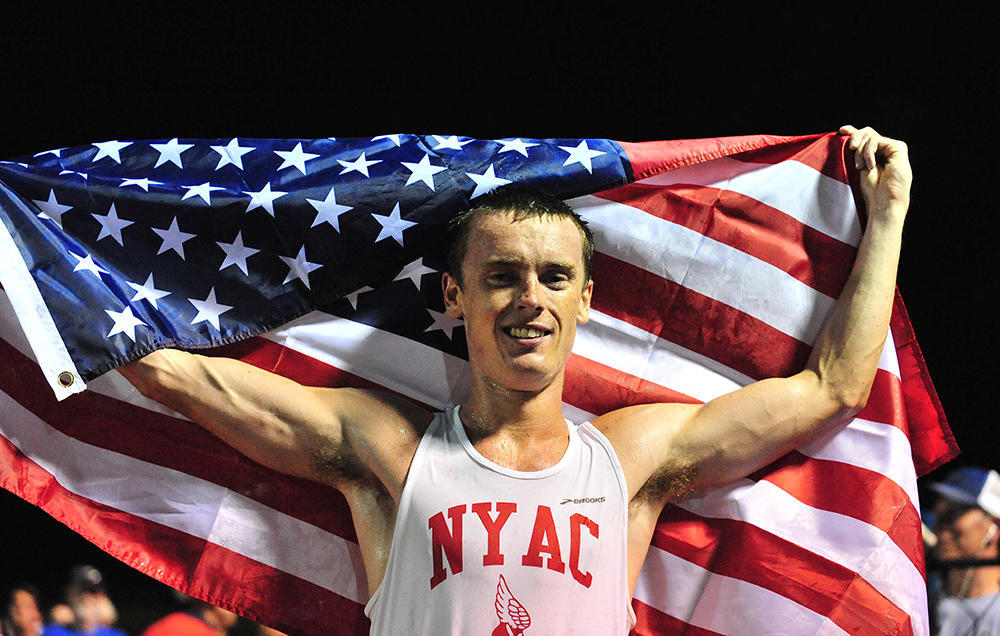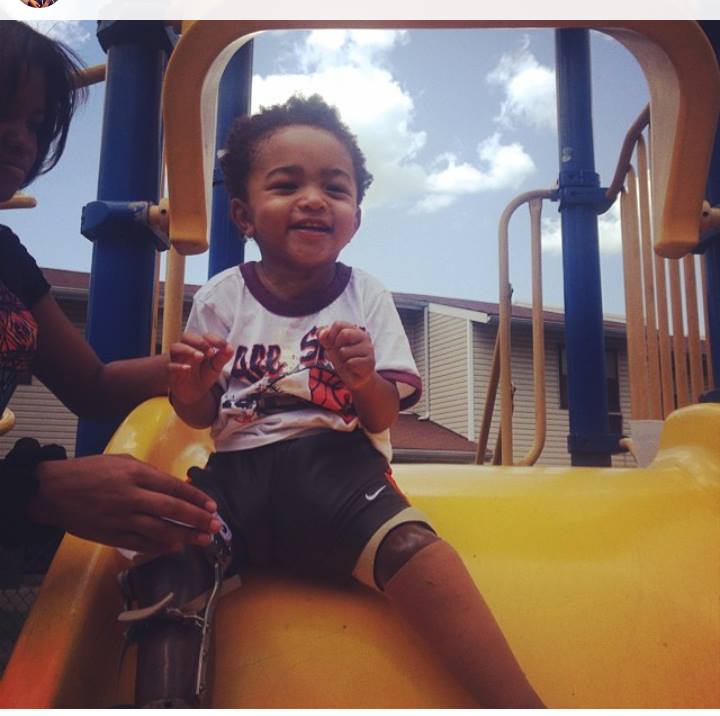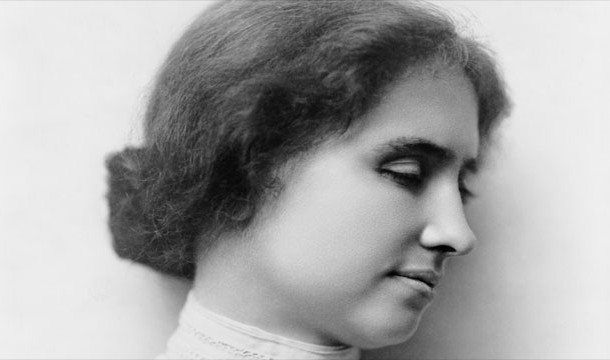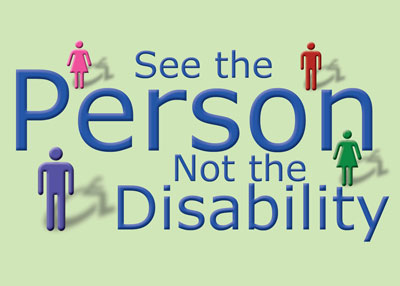Disability Awareness Month
October is National Disability Awareness Month. The word disability is defined as a physical or mental condition that limits a person's movements, senses, or activities. You'll notice that this definition uses the word "limits" when describing the abilities of a person. Individuals with disabilities have proven time and time again that they can, and do, overcome these limitations. Lets take a look at a few below.
 |
Mikey Brannigan was diagnosed with autism at 18 months old. His parents helped him get into a running program.He recently ran in the Paralympics and won gold! He is currently competing with the New York Athletic Club and attends college. |
 |
Tim Harris has downs syndrome. He also owns his own restaurant, Tim’s Place. He is a college graduate, with training in Food Services, Office Skills, and Restaurant Hosting. But he wasn't satisfied there, he also started Tim's Big Heart Foundation which helps others with disabilities start their own businesses. |
 |
Kayden Kinckle was born with an Omphalocele, a condition that can cause organs to remain outside of the body. Kayden had multiple surgeries that eventually led to the amputation of his leg and right foot. He recently took his first steps, all the while chanting "I got it! I got it!" |
 |
Albert Einstein Considered one of the brilliant minds of our time, Einstein had a learning disability and didn’t even speak until he was 3 years old. In his youth, he was determined not to be suitable for employment by his teachers. He failed an exam that would have allowed him to become an electrical engineer. Don't worry, he did well, going on to earn the Nobel Peace Prize in Physics in 1921! |
 |
Helen Keller wasn't born with disabilities. After an illness, she lost her sight and hearing. She was the first blind and deaf person to graduate from college. She visited over 39 countries in her lifetime! |
As you can see, disabilities don't stop those who have them. People without disabilities should always help to enable those who have them. This is something we practice and teach at Lonedell R-14. Click below to view some interesting facts and ways you can help!
Click here for an interactive timeline about employment and disabilities.
Click here for some great resources geared toward children.
Click here with ideas about ways you can help those with disabilities.



 Launch the media gallery 1 player
Launch the media gallery 1 player